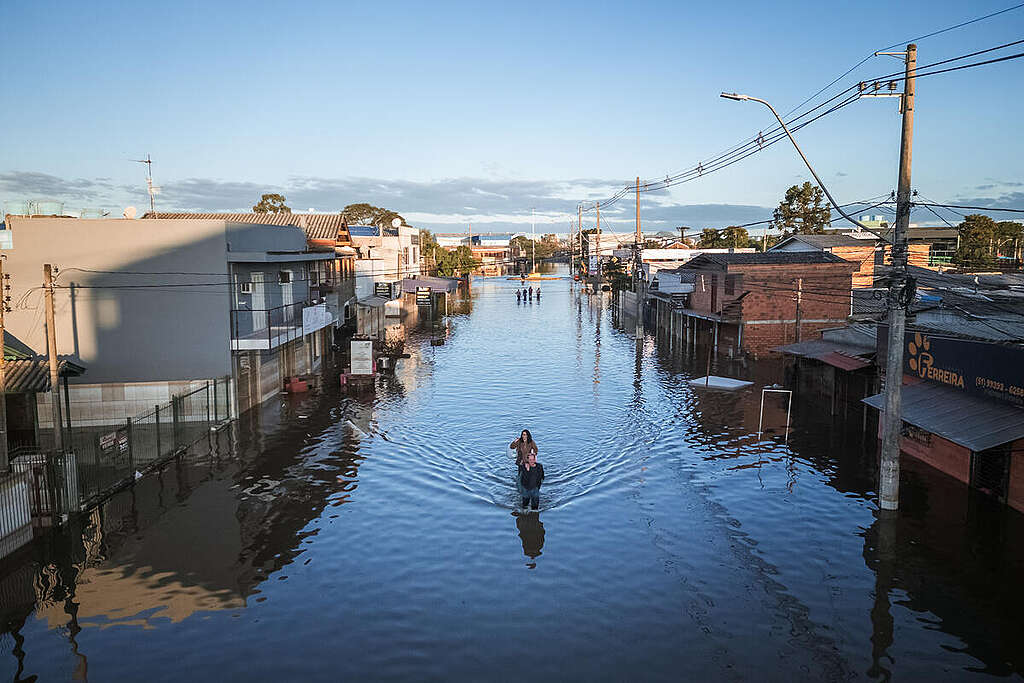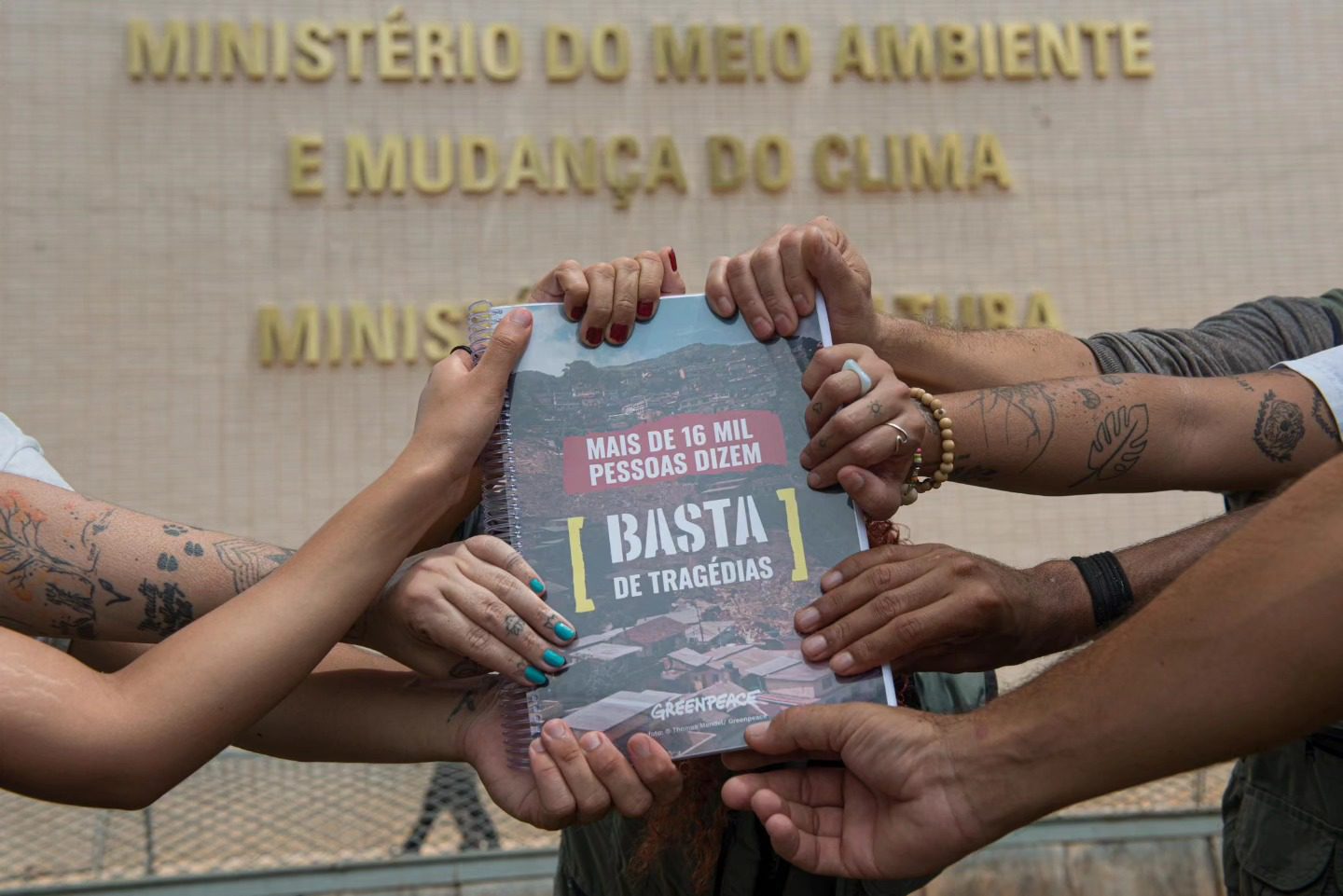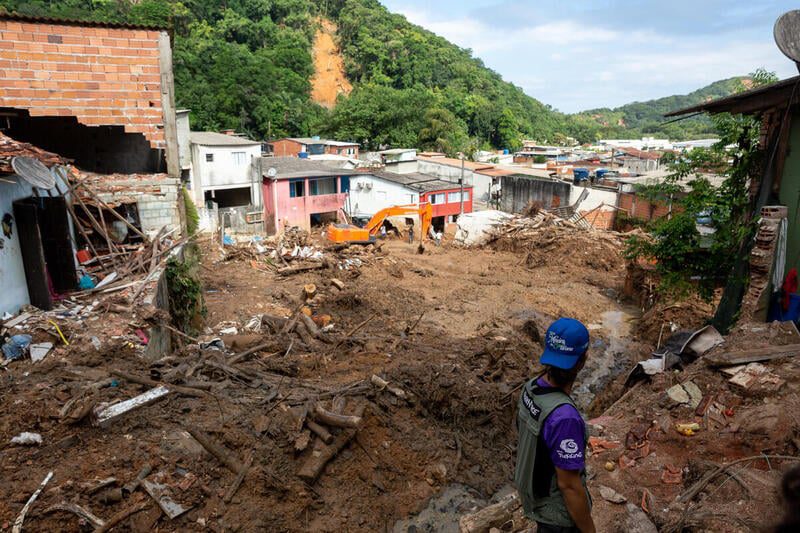The debate discusses initiatives to address, from a climate perspective, vulnerabilities and inequalities that permeate territories: food insecurity, police violence, health, access to education and culture, and the right to the city. What institutional arrangements are important? How can we create co-governance spaces at the territorial level? How can we understand the dimensions of inequality already present in a territory when it suffers from extreme weather? With Rodrigo Jesus, Diosmar Filho, and Gisele Moura.
Diosmar Jr.
Geographer with a PhD in Geography from the Fluminense Federal University (UFF) and a Master's in Geography from the Federal University of Bahia (UFBA). He is a Senior Researcher and member of the Scientific Coordination Committee of the Iyaleta Research Association. Leading the research line "Land Use Planning, Inequalities, and Climate Change," he also coordinates the research project "Climate Adaptation: An Intersection for Brazil 2030." He is a faculty member of the Lato Sensu Specialization Program in Rights, Inequalities, and Climate Governance at the Federal University of Bahia (UFBA) and is the Focal Point of the Iyaleta Research Association at the United Nations Framework Convention on Climate Change (UNFCCC).
Gisele Moura
Environmental scientist with 15 years of experience in climate justice, peripheral territories, and public policy. She coordinated a socio-environmental technology network mobilizing more than 900 people and 300 initiatives in Rio de Janeiro's favelas, and represented community-based voices in spaces such as COP27 and the G20. She is a consultant for the Sustainable Urban Development Network (ReDUS) for COP30 and has contributed to publications such as "Nature-Based Solutions in the Peripheries" by the Ministry of Cities. She works at the interface between ancestral knowledge, social technology, and co-governance, arguing that climate adaptation must be anti-racist, intersectional, and territorially rooted.
Free
Registration:
Registrations must be made here.
Registration will be open until the start of the activity, on site, as long as there are spaces available.




